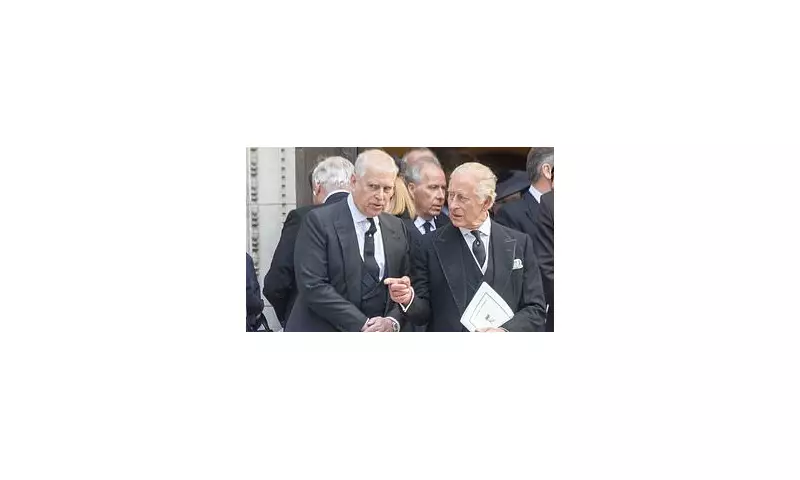
Buckingham Palace finds itself at the centre of a constitutional earthquake as startling questions emerge about King Charles III's potential involvement in the investigation that has left his brother, Prince Andrew, effectively exiled from royal life.
The Silent Nod That Changed Everything
According to senior palace insiders, the King may have offered his tacit approval for the Metropolitan Police to conduct their thorough examination of the sexual assault allegations against the Duke of York. This represents a radical departure from the Queen's traditional approach of protecting family members at all costs.
The monarch's alleged stance signals a new era of accountability within the House of Windsor, where the institution's survival takes precedence over individual family members. This calculated move demonstrates Charles's determination to modernise the monarchy, even if it means sacrificing his own brother to protect the Crown.
A Brother's Betrayal or Necessary Sacrifice?
Sources close to the royal household suggest the King viewed Andrew's association with convicted sex offender Jeffrey Epstein as an existential threat to the monarchy. The Duke's disastrous BBC Newsnight interview, where he showed staggering lack of empathy for Epstein's victims, reportedly cemented Charles's position.
"The King understood that the Andrew problem wasn't going away," revealed a senior courtier. "While Her Majesty hoped the storm would pass, Charles recognised this required decisive action to prevent permanent damage to the institution."
The Palace Purge Continues
The investigation's aftermath has seen Prince Andrew systematically stripped of:
- All military affiliations and royal patronages
- His cherished 'His Royal Highness' style in official capacity
- Any meaningful role in public life
- Access to Buckingham Palace office space
This ruthless demotion, unprecedented for a senior royal in modern times, bears the hallmark of Charles's strategic thinking. The King appears determined to draw a clear line between the working monarchy and problematic family members.
Constitutional Crisis or Masterful Strategy?
While the palace maintains the official line that the investigation was purely a police matter, the timing and thoroughness suggest possible coordination from the highest levels. The Met's review, though concluding without criminal charges, provided the justification needed for Andrew's effective banishment.
The real story may be Charles's understanding that in the 21st century, the monarchy cannot survive repeated scandals involving senior royals. His alleged willingness to let the investigation proceed, despite the personal cost to his brother, reveals a monarch prepared to make brutal decisions for the Crown's longevity.
As the dust settles on this royal earthquake, one thing becomes clear: the Carolean age will be defined by pragmatism over sentiment, with the King demonstrating he's willing to sacrifice family to save the institution he's waited his entire life to lead.





